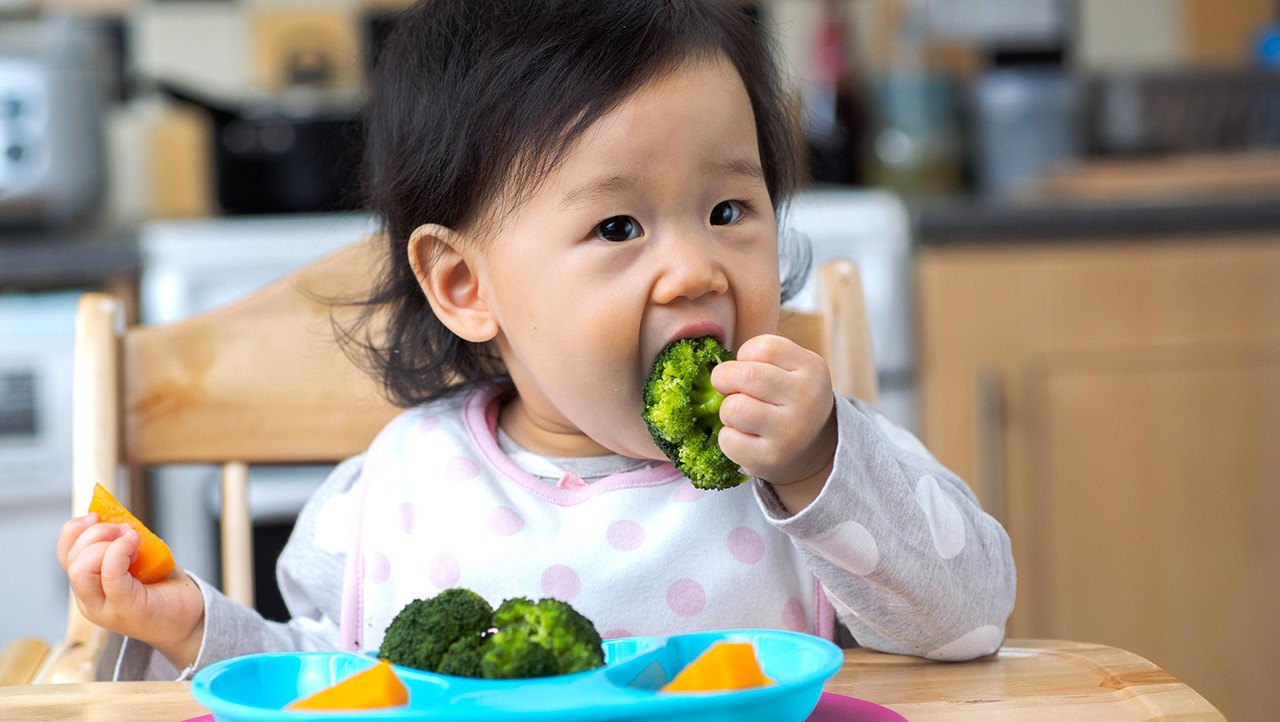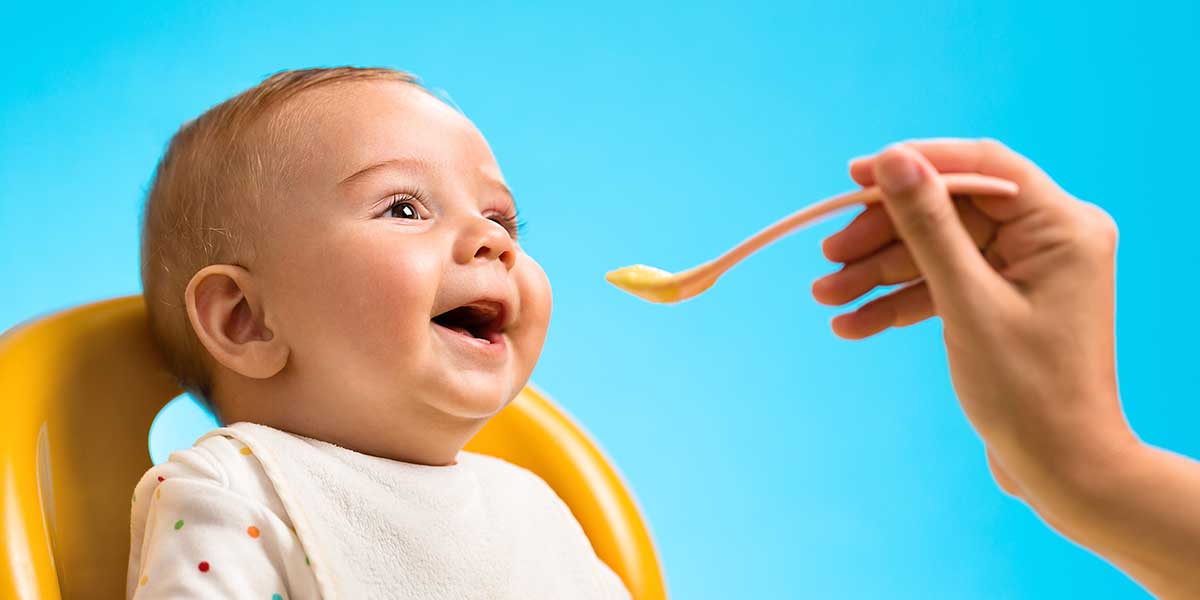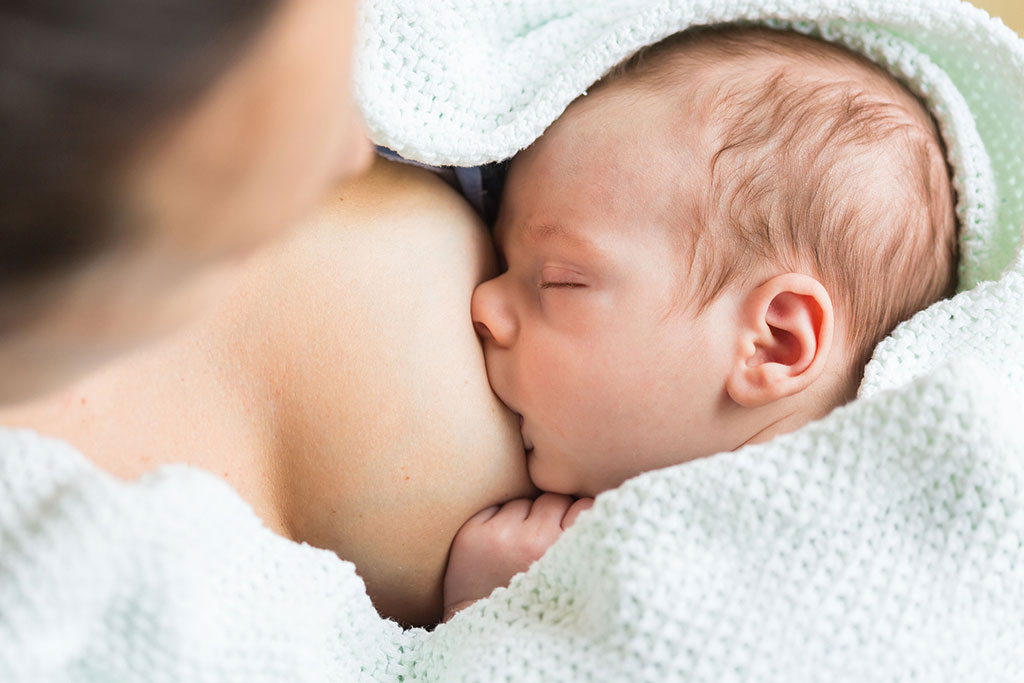Answer all your questions about a toothache in pregnancy
What causes toothache in pregnancy? Pregnancy is a fantastic stage, and almost all women experience this moment, but pregnancy may not be easy for all women.
Pregnancy has its challenges, and one of those challenges may be a toothache. For this purpose, if you want to know about this toothache, its causes, and the necessary measures to take care of your teeth, join us.
Does pregnancy cause toothache?
Yes, pregnancy can lead to dental and gum problems. During pregnancy, dental problems may be due to hormonal imbalances and the fetus’s need for calcium growth and other factors.
However, if you get enough calcium and get regular dental treatment, you can prevent these types of dental problems during pregnancy.
Does toothache in pregnancy affect the unborn baby?
One study found a direct relationship between severe gum disease that a woman may experience during pregnancy and low birth weight and preterm birth.
The study, conducted on 100 pregnant women with chronic periodontal disease, reported that 18 of them had preterm labor.
However, proper care and prompt treatment by a dentist dramatically reduces the risk of preterm delivery.

What is toothache in pregnancy?
- Morning sickness may be a problem during this time. When stomach acid enters the mouth, it can lead to cavities and toothaches during pregnancy.
- Hormonal disorders in the body may predispose a pregnant woman to gum problems and dental disease.
- Your diet changes during pregnancy, and if you consume dairy and sugar products, you increase the risk of dental problems.
- During pregnancy, your body needs calcium because of the need for fetal growth, but if you do not get enough calcium during pregnancy, it can damage the enamel and cause pain.
- Pregnancy causes sensitive gums and teeth, which may be due to improper or irregular brushing, leading to dental problems.
- Plaque buildup during pregnancy is a natural reaction due to hormonal changes in the body. If left untreated, plaque builds up as hard tartar, increasing the risk of caries.
- Gum disease Due to hormonal changes, most women are prone to gingival contractions, staining, and gums’ tenderness, exposing them to more severe problems.

Best time to treat toothache in pregnancy:
Pregnant women suffer from gingivitis due to hormonal changes. The best way to deal with oral problems during pregnancy is that mothers who decide to have children should consult a specialist to prevent dental problems before pregnancy.
The best time to treat a toothache is after the second trimester of pregnancy. If you also have a toothache in the first and third trimesters, consult a gynecologist.
Treatment of toothache in pregnancy:
In some cases, women may delay their dental care during pregnancy, while others may have to seek treatment to prevent complications.
X-Ray
Sometimes a doctor may use X-rays to determine the extent of damage to a tooth, and some women are afraid of the effects on their baby. Your doctor will not recommend this treatment for as long as necessary but will advise you to use a lead apron if necessary to protect the fetus from radiation.
medicine
Whenever you go to the dentist for dental problems, you should tell him that you are pregnant because some dental medications can lead to congenital disabilities and other complications if the dentist does not inform and is taken by a pregnant woman. If you have any gum or tooth infections, you will need a course of antibiotics.

Anesthesia ampules toothache in pregnancy:
Not going to the dentist for treatment during pregnancy is a misconception. After seeing a dentist, tell her you are pregnant so she can use anesthetics that are safe for the mother or fetus. Anesthetic ampules are usually lidocaine, which contains adrenaline and lowers blood pressure after the injection.
During pregnancy, you should replace ampoules that do not contain adrenaline.
Natural remedies for toothache in pregnancy:
Pregnancy may make you more sensitive and cautious about your health, and if you have dental problems, you prefer natural remedies.
The good news is that many natural remedies can be used effectively during this period to treat toothache in pregnancy:
Clove
Clove is one of the best options for toothache. You can chew cloves or apply oil on damaged teeth.
Spinach leaves
Chewing some spinach leaves is also an effective treatment.
Hot compress
Using a warm compress also helps reduce pain. Soak a towel or napkin in some warm water and rub it on the affected face and teeth, and this one of the easiest and best ways to soothe toothache in pregnancy.
Garlic
The allicin in garlic helps kill tooth bacteria. Chewing a clove of garlic will also be useful.
Aloe vera
This plant is known for its antibacterial and antifungal properties and can reduce bacterial growth and reduce gingivitis.
milk
Calcium and vitamin K in milk is essential for gum health. To help reduce bleeding gums and inflammation, drink warm milk twice a day, but be sure to brush twice a day as milk causes plaque.
Pomegranate
Pomegranate is useful as a preventive measure in the fight against plaque and bacterial infections. Try sugar-free pomegranate juice.
Does vomiting cause tooth decay?
Frequent vomiting or gastric acid reflux damages the enamel and, therefore, may cause various dental problems.
How to increase calcium and vitamin D intake?
Calcium deficiency in the body can be associated with many complications, and the presence of this substance in the body during pregnancy is significant.
Calcium not only protects bone mass during pregnancy but also helps build fetal bone. So here are some foods that are high in calcium and should be included in the diet.
Calcium-rich foods include:
- Cheese
- Curd
- Calcium-enriched soy milk
How to absorb vitamin D in the body:
Calcium is essential for the body, but it does not readily absorb calcium in vitamin D deficiency. Therefore, vitamin D along with calcium is needed.
Foods rich in vitamin D include:
- Salmon and other fatty fish
- egg
- Cheese
- Enriched margarine

Things to keep in mind when brushing:
There are some essential things to keep in mind when brushing to reduce dental problems during pregnancy.
- Do not forget to brush regularly twice a day.
- If you do not like the taste of your toothpaste, diversify it.
- Do not brush with pressure when brushing.
- Use smaller toothbrushes, such as children’s toothbrushes.
- If brushing causes vomiting, focus on something else by listening to music and closing your eyes.
- Use a soft toothbrush.
- Do not forget the mouthwash.
- Eat a healthy diet consisting of vegetables, fruits, dairy products, and whole grains, and avoid foods that increase bacteria and plaque, such as cakes, juices, and dried fruits.

Some pre-pregnancy tips for dental care and hygiene:
If you plan to get pregnant and the precautions, you should also pay attention to your teeth’ health to have any problems with your teeth during pregnancy.
- Have regular dental visits.
- Brush twice a day.
- Do not forget to floss at least once a day.
Prevention has always been better than cure. Therefore, do your best to be safe from toothache problems during pregnancy, and if you have any problems, see a dentist immediately.
Also Read:
Dangerous consequences of anemia in pregnancy










